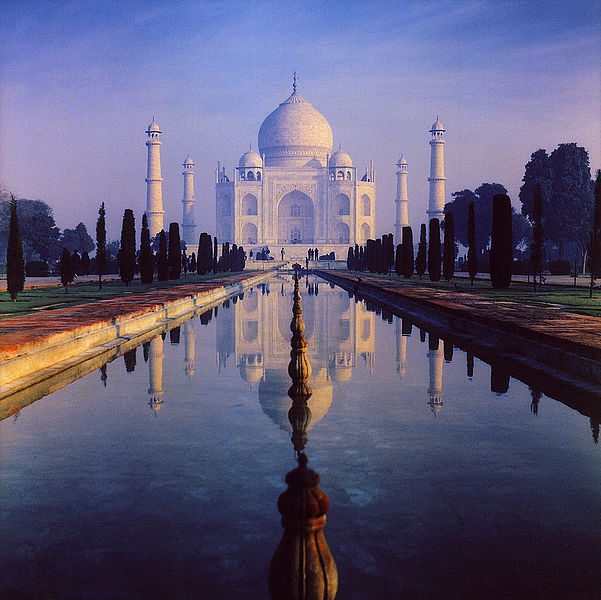
One of the misconceptions that many Westerners have is that all Arabs are Muslims, and that Muslims are all Arabs. In fact, of course, many of the major Islamic countries in the world (e.g., Turkey, Iran, Pakistan, Malaysia, and the most populous of them all, Indonesia) are not Arab, and large minorities in some Arab countries are not Muslim. Christianity is a Near Eastern religion, not a European one, and it is has been in the Near East since its origin. (An Egyptian Christian friend once complained to me about how tired he had become of Americans and Europeans asking him whether his family had been converted by the Germans, the French, or the British. His ancestors, he pointed out, had been converted by Mark, the writer of the second Gospel, in the first century AD. My own forebears, in Scandinavia, didn’t accept Christianity until roughly a millennium later.)
Another misconception that many of us have is that Christendom can essentially be divided between Protestants and Catholics. In fact, though, Protestantism is a fairly recent religious minority in the Christian world. The much older division is that between western Christianity (essentially the Roman Catholic Church for many centuries) and eastern Christianity (including, but not limited to, such groups as the Greek Orthodox and the Russian Orthodox). There is, and always has been, an entire world of Christianity, rich and full of variety, beyond the (to us) more familiar realm of Protestants and Catholics.
***
Here’s a nice article by a Muslim author:
“How to Practice the Teachings of Islam in Everyday Life”
Years ago, I took a group of Latter-day Saints to attend the Friday noon prayers — which, accompanied by a sermon called the khutba, constitute the main Islamic weekly worship service — at a mosque in Tucson, Arizona. The preacher at the service spoke on honesty and integrity, including the obligation to give employers an honest day’s work. Afterwards, several of the Latter-day Saints were stunned at just how . . . well, ordinary the preacher’s sentiments had been. “That talk could have been given in sacrament meeting!” one person exclaimed.
True. We have a very great deal in common.












